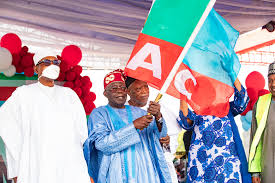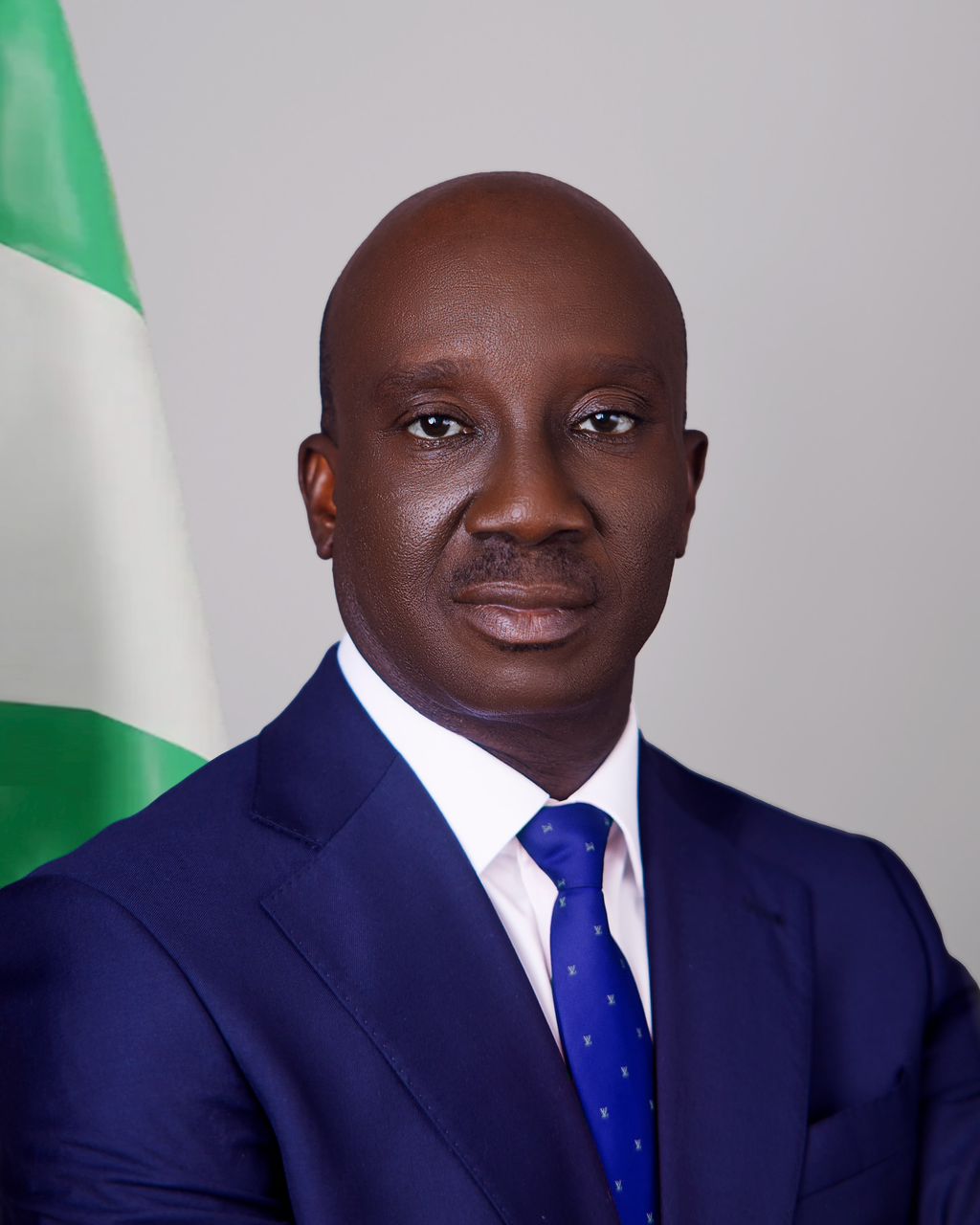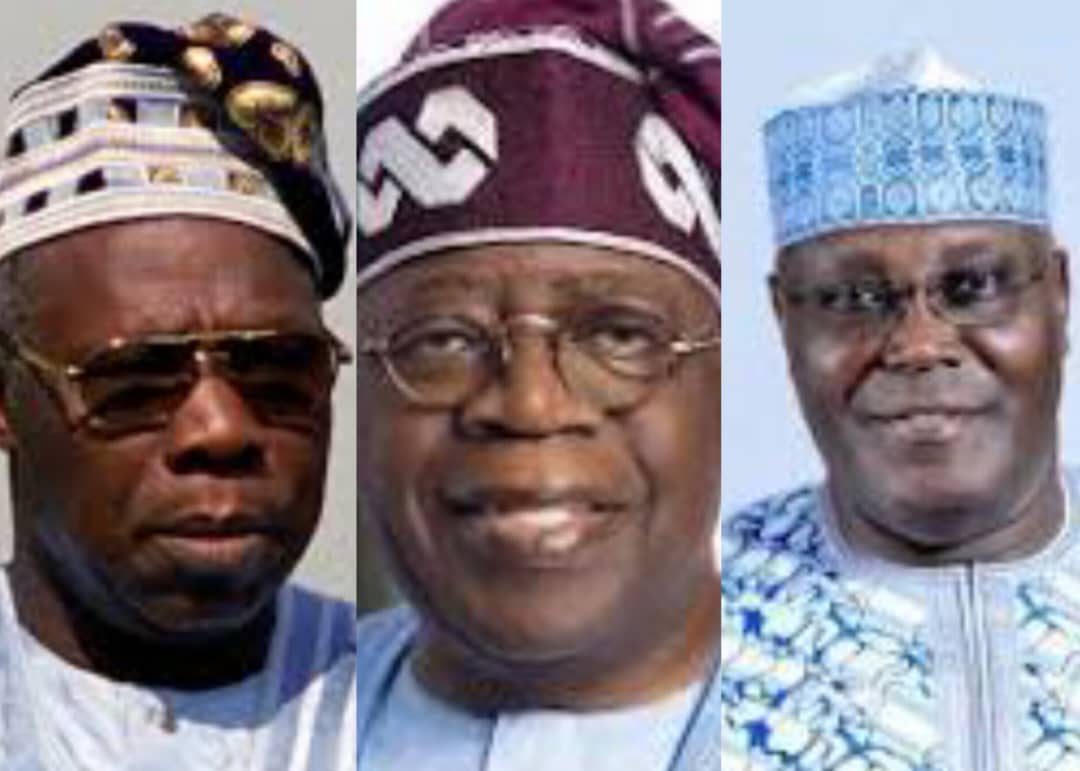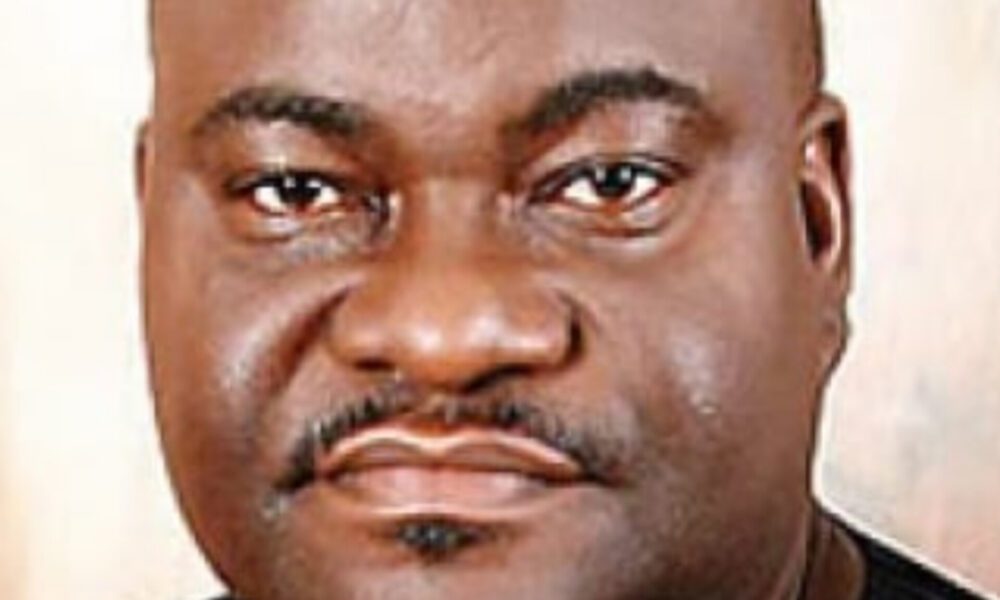By Ehichioya Ezomon
Only diehard promoters and supporters of other aspirants had predicted defeat for the acclaimed National Leader of the All Progressives Congress (APC), Asiwaju Bola Ahmed Tinubu, at the presidential primaries and special convention on June 6 to 8, 2022.
Facts available indicated clearly that given a level-playing field for all contestants to test their political prowess, and popularity with members of the ruling party, the former governor of Lagos State would dust other aspirants combined.
That’s exactly the outcome of the primaries, with Tinubu securing 1,271 votes cast by 2,303 accredited delegates at the convention that suffered several postponements chiefly on account of intrigues related to the clamour for power shift to Southern Nigeria.
It’s a tug-of-war between the North and South, and the North was on the cusp of gaining the upper hand at the primaries when, barely 48 hours to the convention, the National Chairman of the APC, Senator Abdullahi Adamu, unilaterally proclaimed Senate President Ahmad Lawan as the “consensus candidate” of the party.
In attempting to put spanner in the works he’s supposed to superintend as an unbiased umpire, Adamu played on President Muhammadu Buhari’s desire for the APC to produce a “consensus candidate” going into the 2023 general election.
Without consulting with members of the National Working Committee (NWC) that he heads, Adamu dropped the name of the president as endorsing Dr Lawan as the APC standard bearer for the elections commencing in February 2023.
But amid the hoopla generated by the Adamu bombshell, Buhari denied endorsing Lawan, or any of the 23 aspirants cleared for the primaries, and called for a level-playing field for the contestants.
Buhari had also aligned with the Northern APC governors’ resolution for the presidency to be rotated to Southern Nigeria, as the president rounds off his eight-year tenure in May 2023, having utilised the slot for Northern Nigeria in the rotation of the presidency between the South and North of Nigeria every eight years.
But for the last-minute “intervention” of Buhari and 11 of the 14 Northern APC governors, Tinubu would’ve been disgraced by the antics of vested interests majorly located within the party.
So, Tinubu, as he’s acknowledged, owes his victory at the primaries firstly to Buhari, who debunked Lawan’s endorsement that would’ve been a fait accompli, and guaranteed the conduct of a transparent and credible poll at the convention.
Secondly, Tinubu should appreciate Northern governors of the APC, who, despite criticisms by some vocal Northerners, cast their lot with power shift to Southern Nigeria, which action smoothened the former governor’s path to victory at the primaries.
Most especially, Tinubu should extend his gratitude to Northern and Southern leaders, particularly present and past governors, who stood by him, and campaigned vigorously for his election as APC’s presidential flagbearer.
Then his co-aspirants that stepped down their ambition; the delegates to the convention that gave him a resounding triumph over very formidable contestants worthy of the APC ticket; his campaign team for an excellent job of marketing and defending his candidacy; and the president’s wife, Mrs Aisha Buhari, for her reported “support.”
The APC is riven by internal crises, arising from congresses and primaries in 2015 and 2019, and the fissures aftermath of the 2022 primaries in the state chapters, and at the June 2022 presidential primaries and special convention in Abuja.
Division in the APC state chapters has led to defections of heavyweights in critical states of Kano, Zamfara and Kebbi, and there’re lingering convulsions in Kwara, Oyo, Osun, Rivers and several other states.
As observed, it took some of the co-presidential contestants days to congratulate Tinubu. So, as time is of the essence, the true test of Tinubu’s mantra as a “unifier” would be to embark on bringing together the disparate groups in the APC, beginning by seeking fellowship with his co-contestants for their cooperation and active participation in the campaigns to get him elected as President.
In his acceptance speech for the nomination, Tinubu declared he holds no grudges against those that didn’t support his aspiration for the APC ticket, and appealed for their cooperation to rout the PDP at the 2023 polls.
He said: “The competition is now over. Those who did not support me have nothing to fear. I hold no grudges or grievances. Let us each agree to join hands in defeating the PDP and beating back our common foes of poverty, terror, and violence. Let us win so Nigeria can become the nation it is intended to be.”
Thus, as a matter of deliberate policy, Tinubu should consult with, and offer roles to his co-contestants in his campaign, to feel appreciated, and enlisted in the arduous task of retaining the APC as the governing party in 2023.
Of course, the off-season governorship poll in Ekiti State comes up this Saturday, June 18, as an apt exercise that would demonstrate Tinubu and APC’s readiness for the long haul of the 2023 elections.
Undoubtedly, Tinubu’s work is cut out for him in former Vice President Atiku Abubakar, who’s clinched the ticket of the main opposition Peoples Democratic Party (PDP), and former Anambra State Governor Peter Obi, candidate of the Labour Party (LP).
Atiku, a veteran of presidential contests, paired with Obi as his running mate in the 2019 presidential poll won by President Buhari and Vice President Yemi Osinbajo in their re-election in office.
Not mindful of his political experiences off-shooting from his governance of Lagos State between 1999 and 2007, and joining to form the APC that dislodged an incumbent administration in 2015, and retaining power in 2019; Tinubu’s coming to the national stage is a different kettle of fish.
As he often bandies, he’s been a kingmaker of other politicians. Can Tinubu also make himself king in 2023, given the deck stacked against him within and outside the APC, which faces a referendum from traumatised Nigerians yearning for a “fresh change” from the one the APC promised in 2015 and 2019?
Tinubu’s pledge to build on the “solid foundation” in security, economy, and anti-corruption laid by President Buhari raises a red herring in the polity, even as he admits Nigeria’s daunting problems.
His words: “Yes, we face serious problems. But I believe we have it within us to reach our finest destiny. With help from God, we shall make this nation better for the generation to come.
“President Buhari has already laid a solid foundation in security, economy, and anti-corruption. We will build upon this for the salvation of our people.
“Our teeming youth population is our nation’s greatest asset. We will create jobs for our youth from the Zamfara and Osun gold deposits to the vast agricultural lands across the country.
“We will create new opportunities in the FINTECH sector, the creative and entertainment industries, digital skills, and other areas. Our vision is of progress and the future that can be. We must defeat the PDP’s reactionary ideals.”
The BIG question: For how long will Nigerians give Tinubu the benefit of the doubt? Certainly not longer than a few days, if at all, as they weigh his utterances, actions and body language, to gauge his direction and that of the APC ahead of the 2023 elections!
Mr Ezomon, Journalist and Media Consultant, writes from Lagos, Nigeria.





